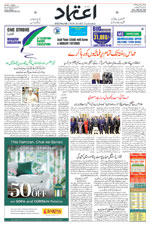SC commences hearing on pleas challenging abrogation of Article 370
Tue 10 Dec 2019, 16:30:14
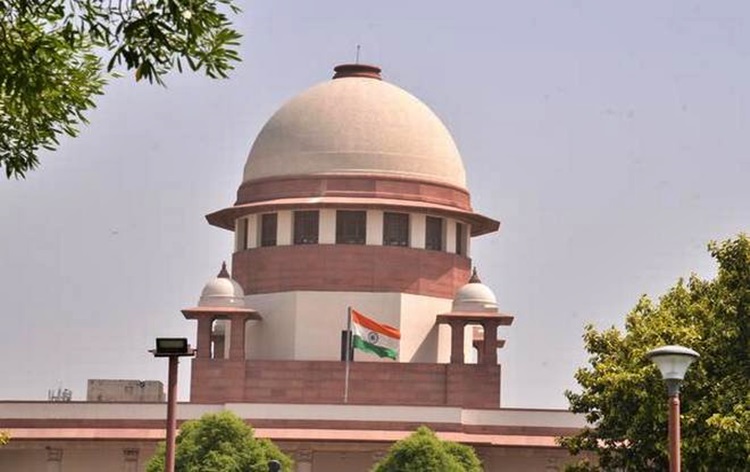
The Supreme Court on Tuesday commenced the hearing on a batch of petitions challenging the constitutional validity of the Centre's decision to abrogate Article 370 of the Constitution, which gave a special status to the erstwhile state of Jammu and Kashmir.
The hearing before a five-judge Constitution bench, headed by Justice N V Ramana, started with senior advocate Raju Ramachandran, appearing for petitioner and bureaucrat-turned-politician Shah Faesal and others, advancing his arguments.
Ramachandran told the bench, also comprising justices S K Kaul, R Subhash Reddy, B R Gavai and Surya Kant, about the broad contours of what he would argue in the case.
He said he would
argue on the issue that whether by using the "temporary cover" of President's rule, an "irreversible change in a federal relationship between a state of the Union and the Union" could be brought in.
argue on the issue that whether by using the "temporary cover" of President's rule, an "irreversible change in a federal relationship between a state of the Union and the Union" could be brought in.
Ramachandran said he would also argue on whether it could have been done without the participation of the people of Jammu and Kashmir, through their elected representatives, since the erstwhile state was split into two Union territories.
"The second major head will be with particular reference to Jammu and Kashmir that is when Article 370 prescribes within itself the mechanism for alteration in that relationship, whether that mechanism can be disobeyed while making this irreversible change," he said.
No Comments For This Post, Be first to write a Comment.
Most viewed from National
Most viewed from World
AIMIM News
Delhi Assembly polls: Owaisi leads Padyatra in Okhla
Feb 01, 2025
We reject this Waqf Amendment Bill: Asaduddin Owaisi
Jan 30, 2025
Latest Urdu News
Most Viewed
May 26, 2020
Which team will win the ICC Men's Champions Trophy 2025 held in Pakistan/Dubai?
Latest Videos View All
Like Us
Home
About Us
Advertise With Us
All Polls
Epaper Archives
Privacy Policy
Contact Us
Download Etemaad App
© 2025 Etemaad Daily News, All Rights Reserved.

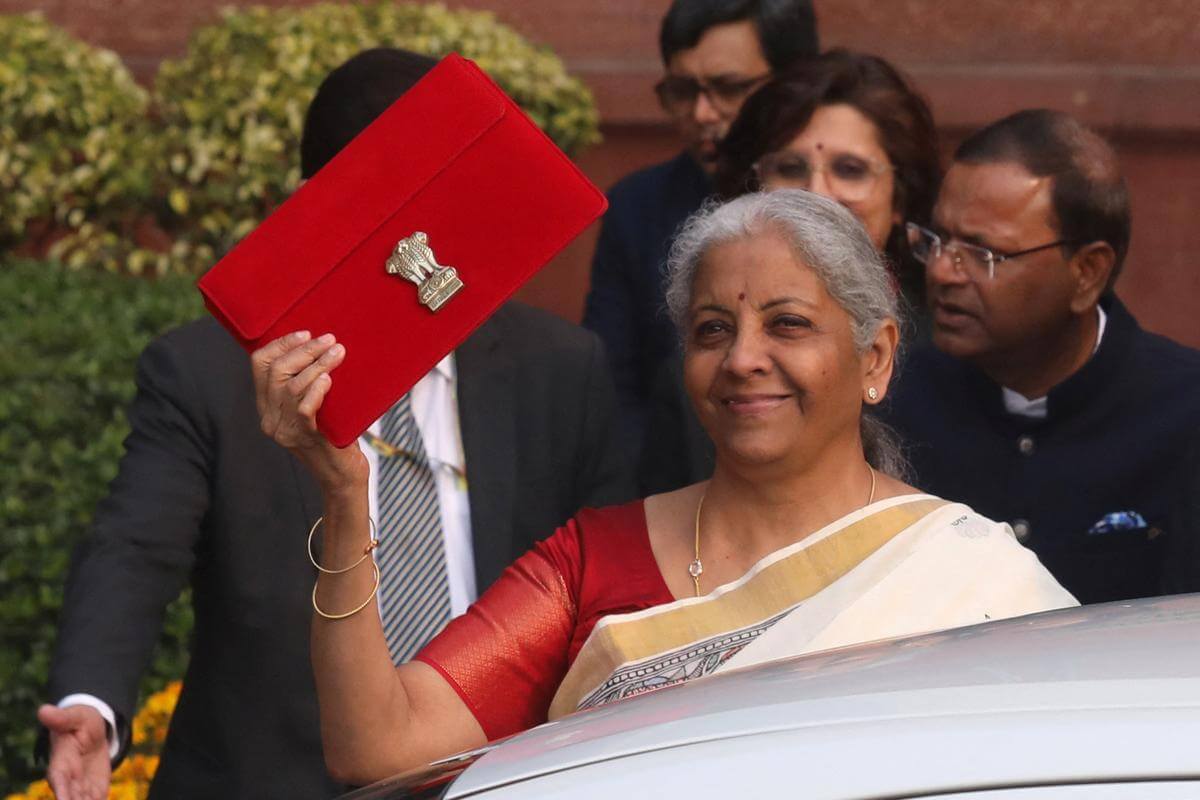

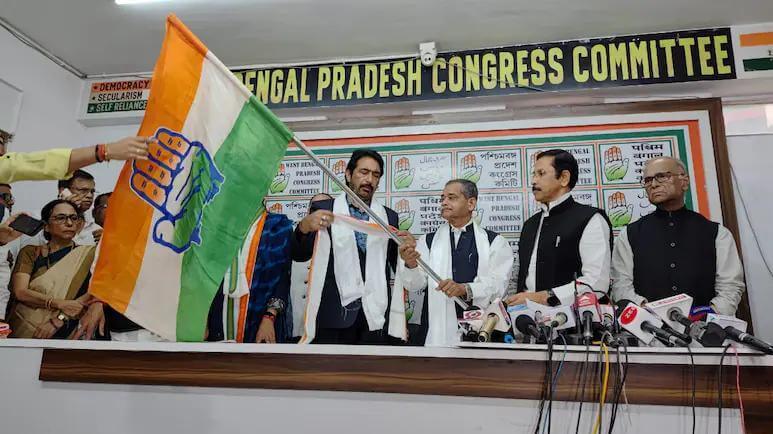
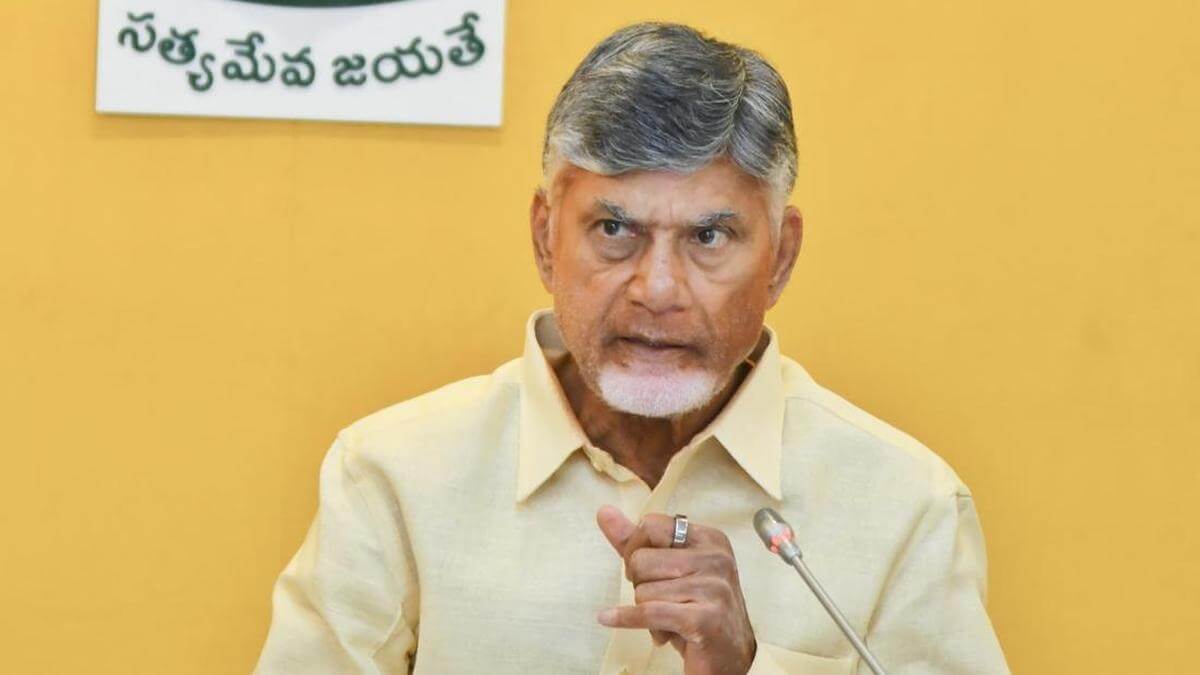
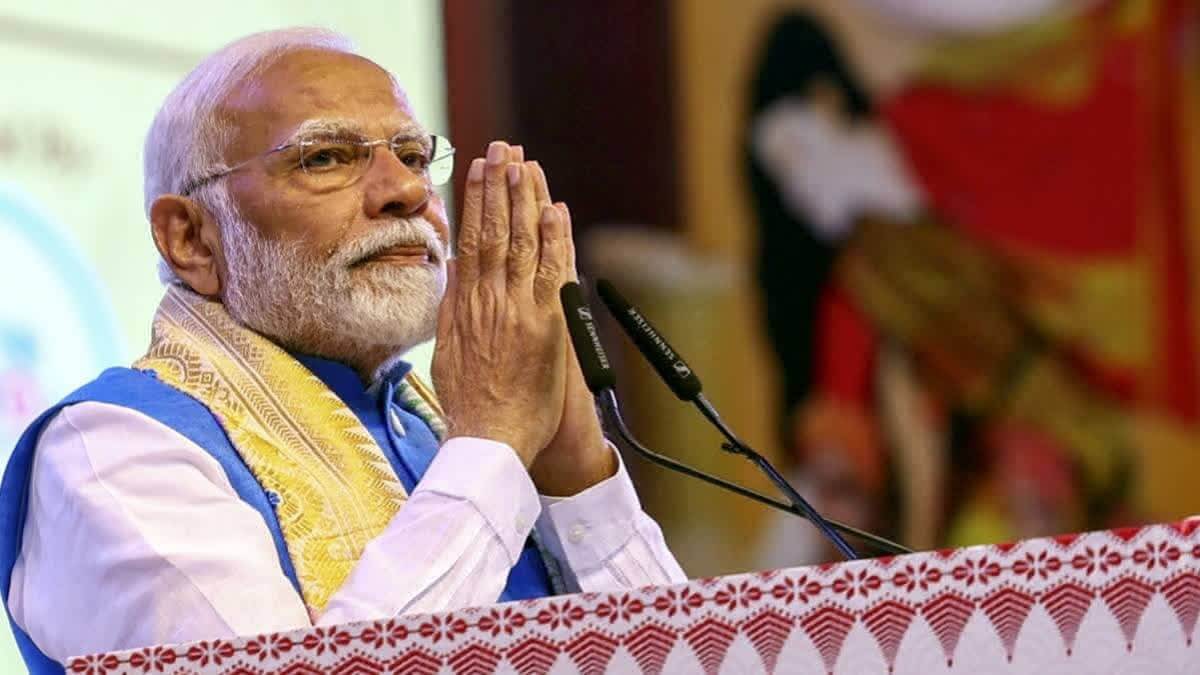
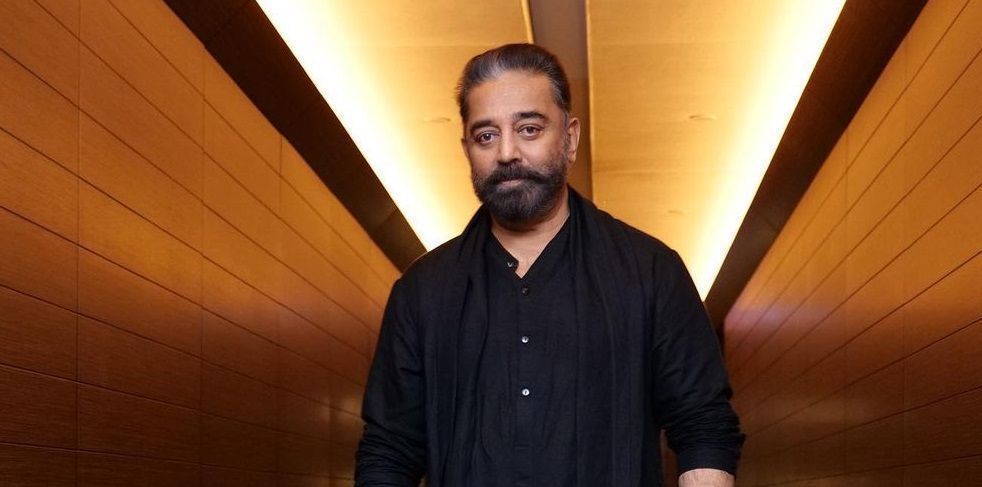
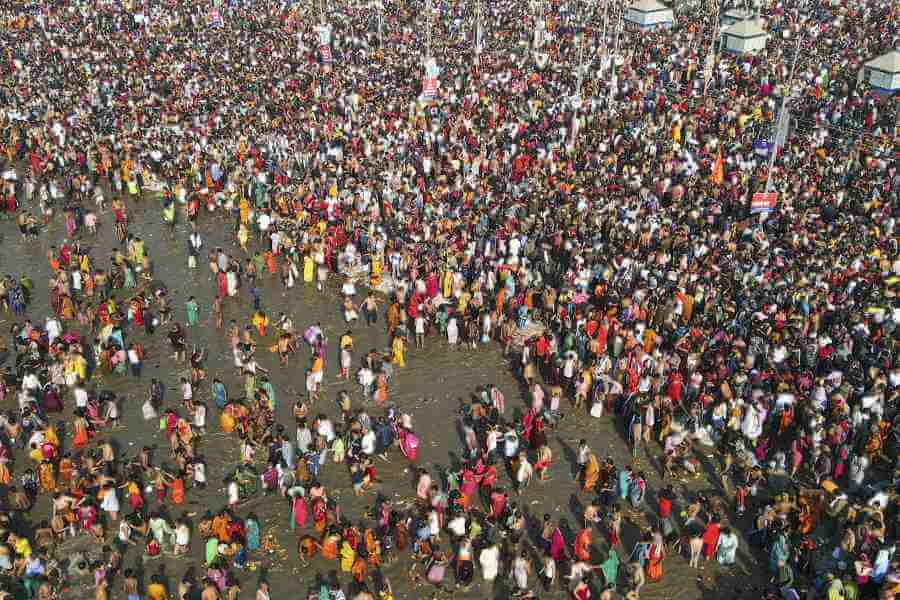
.jpg)
.jpg)
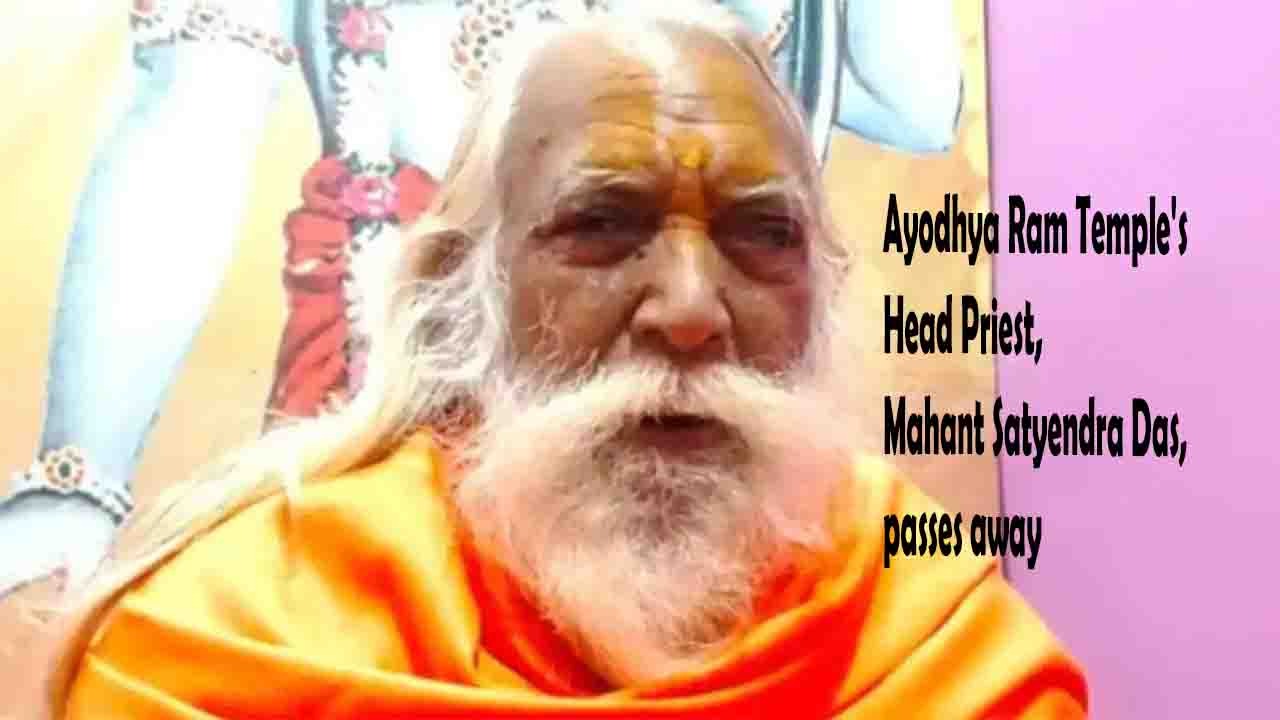
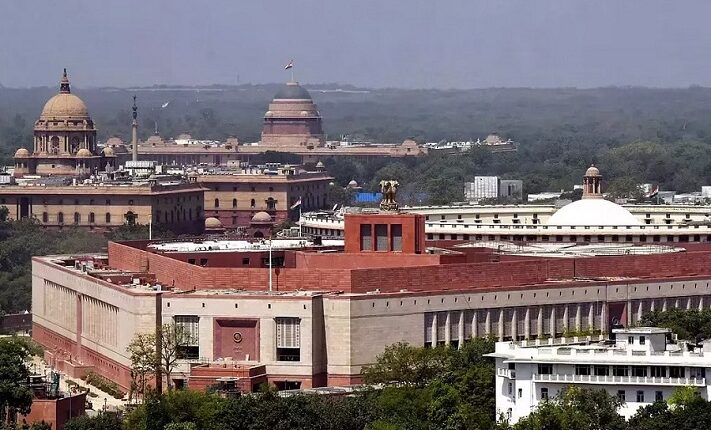
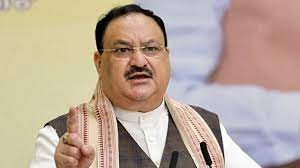

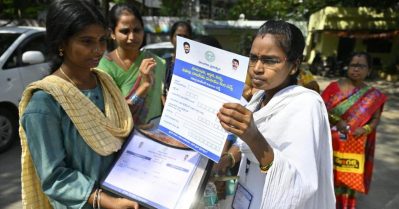
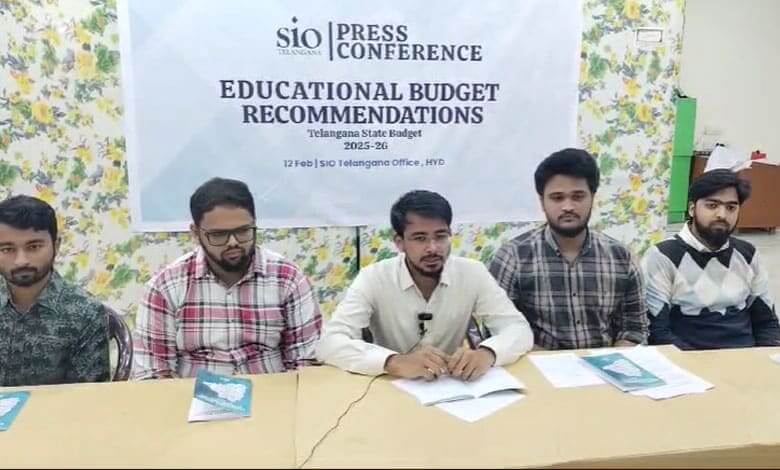
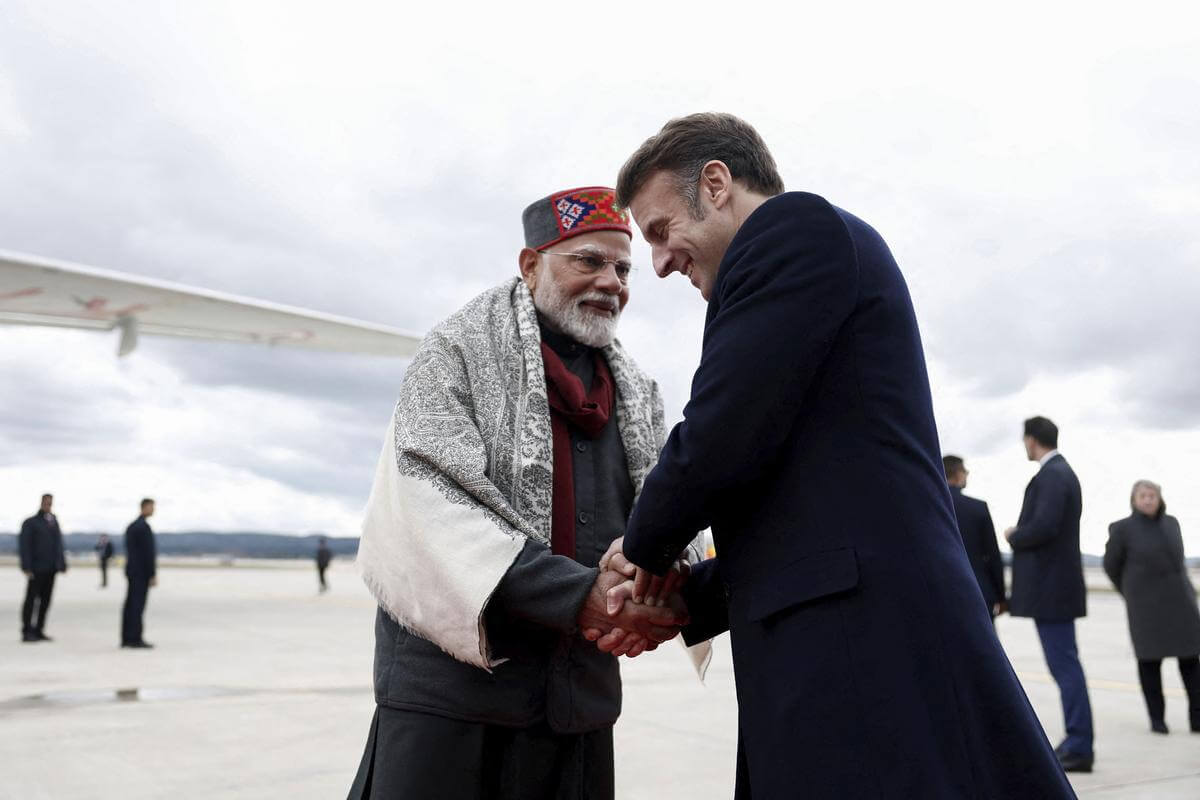
.jpg)
.jpg)
.jpg)
.jpg)
.jpg)
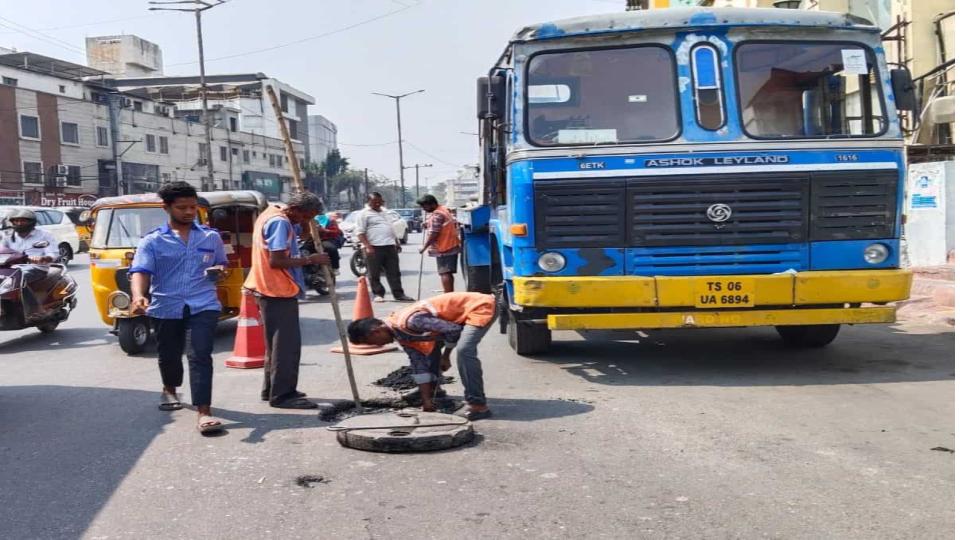
.jpg)
.jpg)

